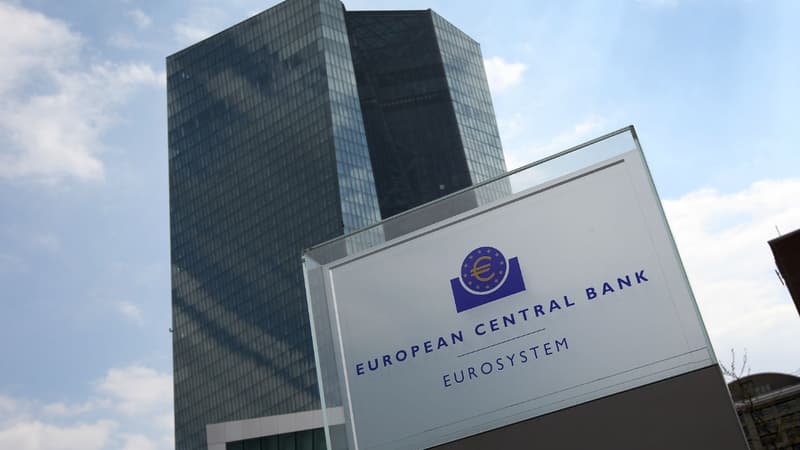As expected, the European Central Bank (ECB) kept its rates unchanged this Thursday as inflation in the euro zone approaches the 2% target. The European economy is also showing resilience with growth of 0.2% in the third quarter, compared to the 0.1% expected by analysts. Therefore, the deposit rate, the reference for the ECB’s monetary policy, remains at 2%, as has been the case since July.
The US Federal Reserve (Fed), for its part, decided on Wednesday to cut a quarter of a percentage point, bringing its rates to a range of 3.75% to 4%. This is the second relaxation of the year, after that of September, to support an economy whose labor market shows signs of weakness. The ECB remains cautious about uncertainties that could influence inflation, both upwards and downwards. The aggregate, which reached a high of 10.6% in 2022, following the increase in energy prices linked to the war in Ukraine, has returned to around the 2% target in recent months.
However, the euro zone must face several challenges: tariffs imposed by Washington, the Sino-American trade conflict and tensions over the supply of semiconductors, which are likely to affect the European industry. However, there is an improvement: Donald Trump announced on Thursday, after talks with his Chinese counterpart Xi Jinping in South Korea, that an agreement had been reached for Beijing to suspend restrictions on rare earths, materials crucial to the global industry, for one year.
Discussion on relaxation
If the monetary status quo holds for now, the ECB could open a debate on a future rate cut in December, when its inflation projections through 2028 are published. Michel Martinez, chief European economist at Société Générale, said he foresees a new cut, but only in March 2026, when inflation should “fall clearly below 2%, dragged down by the delayed fall in energy prices and the strength of the euro.”
This situation is already reflected at the national level. “After Cyprus, France had the lowest inflation of all euro zone countries in September, 1.07%,” says Eric Dor, director of economic studies at the IESEG School of Administration. However, Allianz warns:
Source: BFM TV


